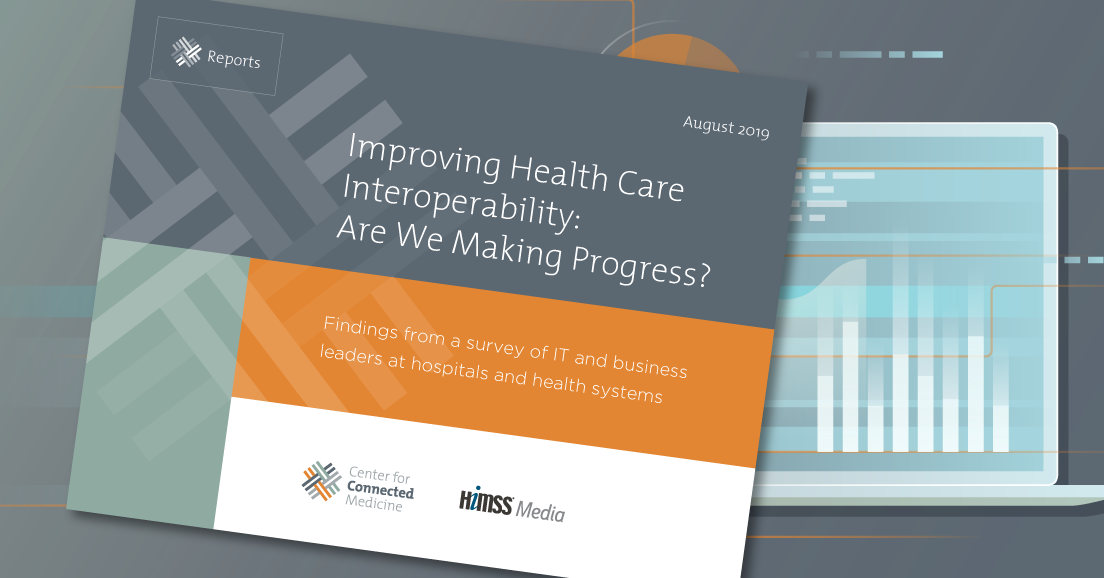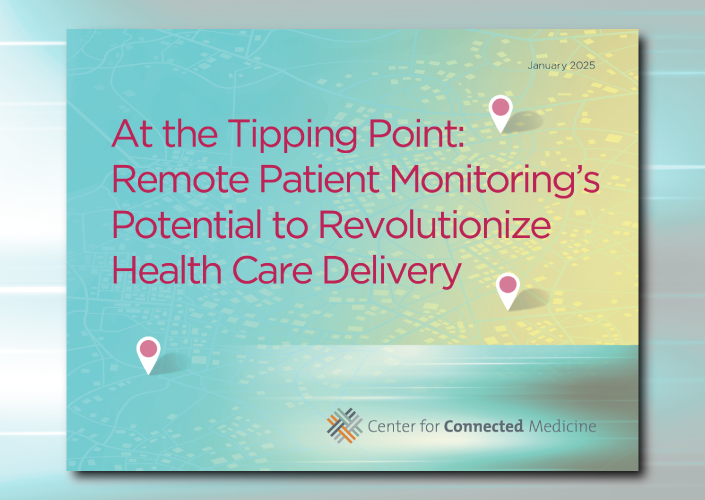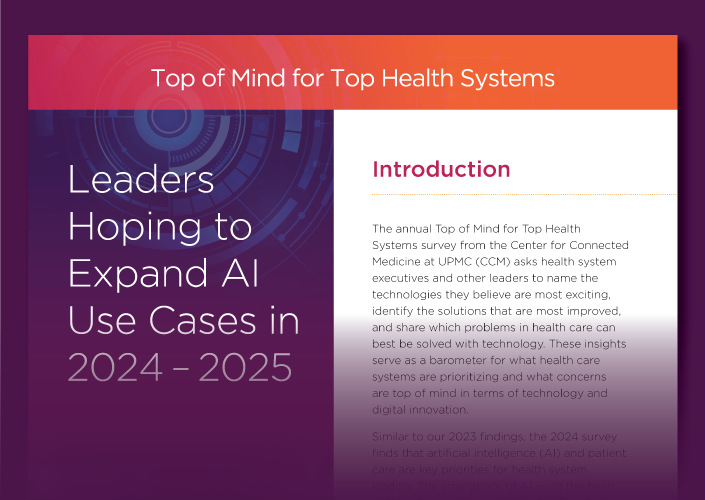Findings from a survey of IT and business professionals at health systems point to ongoing challenges sharing data
|
|
New survey research from the Center for Connected Medicine (CCM) points to the challenges health systems face with interoperability.
The survey of technology executives at U.S. hospitals and health systems finds that nearly a third say their data-sharing efforts are insufficient, even within their own organizations, and fewer than four in 10 say they are successfully sharing health care data with other health systems.
And the most popular solution being pursued to address the interoperability challenges, which have long plagued health care, is switching to a single electronic health record (EHR) system, according to research — “Improving Health Care Interoperability: Are We Making Progress?” — sponsored by the CCM and conducted by HIMSS Media.
[Webinar: Have we reached a tipping point for greater health care interoperability?]
Majority say interoperability objectives are a priority
Nearly 60% of the respondents cited moving to one EHR as an organizational step being taken to overcome interoperability difficulties, much higher than other actions named, such as the adoption of widely promoted health care exchange standards, such as FHIR, cited by 37%.
On a positive note, the survey found that a majority of those who responded are aligning their technology plans with interoperability objectives in mind.
“This survey supports other research we have conducted at HIMSS which shows that health care is making strides advancing interoperability. However, this research also suggests providers feel most successful at sharing data within their own health systems, and less often report success sharing medical data with payers, patients, or other health systems and partners,” said Janet King, senior director of market insights at HIMSS Media.
Interoperability challenges stand in way of goals
The survey also found that challenges with data interoperability are making it difficult for health systems to pursue key strategic goals, including enabling patient-facing apps, tapping into unstructured data, and reducing the cost of care. In fact, only about a quarter of respondents said their organizations’ work to improve interoperability had allowed them to reduce the cost of care.
[Video: Aneesh Chopra is expecting big advances in interoperability for health care]
The most crucial elements needed to push interoperability forward in health care, according to survey respondents, are commitment by senior leadership, financial incentives or penalties that encourage organizations to share data with one another and with individual patients, and advances in tools and technologies.
“Extending advancements in interoperability to the broader health care ecosystem will be critical to progressing digital health initiatives and enabling new ways to serve patients,” King said. “Advancements in technology solutions are recognized by more than half of the health care leaders responding to the research as among the most critical elements to make that happen.”
More on interoperability in health care
Read other CCM content related to interoperability:



